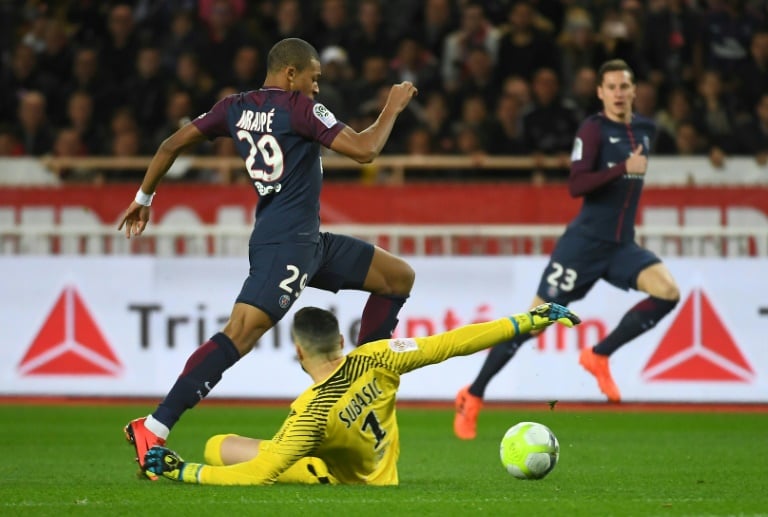Over 67 000 apply for 5 500 police trainee jobs in 24 hours
The boy from the French capital rapidly attracted interest as scouts flocked to see if they had unearthed a hot prospect like Kylian Mbappe, the 18-year-old set to become the world’s most expensive teenager when his loan move to Paris Saint-Germain is finalised next year.
Hannibal’s father said the family’s pride at their son’s talent was tinged with fear.
“We were proud at first but luckily we were really careful. It’s a complicated world to be in,” Lotfi Mejbri told AFP.
“The shocking thing is this phenomenon of malicious people gravitating towards football and just how many parents actually believe what they promise,” he said.
Lofti recalls attending a tournament with his son, who sports a shock of hair reminiscent of Chelsea defender David Luiz, in western France.
“He was really small and he was playing with older kids. A guy came running up and said ‘I’m interested in your child’.
“I had to say to him ‘Calm down, it’s still too early’.”
So relentless were the approaches that the Mejbri family were forced to share the role of protecting the child within the family structure.
“My eldest son is always there for any talks with agents or recruiters, it’s crucial. These people come very well prepared,” the boy’s father said.
Hannibal is now 14 and training at the French national academy at Clairefontaine. Next season he will join the youth system at reigning French champions Monaco — the club where Mbappe blossomed.

Kylian Mbappe (C) is set to become the world’s most expensive teenager when his loan move to Paris Saint-Germain is finalised next year
The Mejbris received a payment of one million euros ($1.17 million) in return for the deal to send Hannibal to Monaco, according to Le Parisien newspaper, although the family neither confirmed nor denied the figure.
Young players from Brazil — who were the third most represented nationality of players taking part in the European Champions League last season — are also ruthlessly targeted.
Caio Lopes, a 17-year-old apprentice at the Rio de Janeiro-based Vasco de Gama club, told AFP the traps set for him are not only by opponents on the pitch.
“There are people contacting me all the time on social media asking if everything is going OK at the club, if I have an agent and so on,” he said.
“I just let my grandfather and agent deal with it,” he said.
– ‘Charlatans’ –
Fabien Caballero, a coach who works in the Paris region, said he had five or six ‘recruiters’ pacing the sidelines every weekend that he took an under-15s session.
“Some of them are good, but what gets me are the charlatans offering their services. It could be anyone, the neighbour, the guy from the bakery store. There is no legislation for this kind of thing in France,” he said.
Caballero believes that money poisons the game.
“The players can’t help but have their heads turned by it because many come from modest backgrounds and football can change their lives,” he said.
“But it can also poison them too.”
“You see young kids and their parents who are trying to please everyone instead of trying to have fun,” he lamented.
Players as young as 13 can sign an initial contract with French clubs in France guaranteeing them a place in their youth academy two years later. Under the terms of the deal, they cannot join another club.
Matthieu Bideau, who runs the youth training centre at French Ligue 1 club Nantes, says he has heard that some clubs are paying hundreds of thousands of euros to secure players who are little more than boys “and 50,000 euros is very, very common”.
The French Football Federation’s technical director Hubert Fournier said the authorities who run the game often felt powerless.
“Much of the proceedings are handled in the shadows, off the radar,” he said.
“Most of the people concerned don’t have an agent’s licence. They get to the families and there’s nothing we can do.”